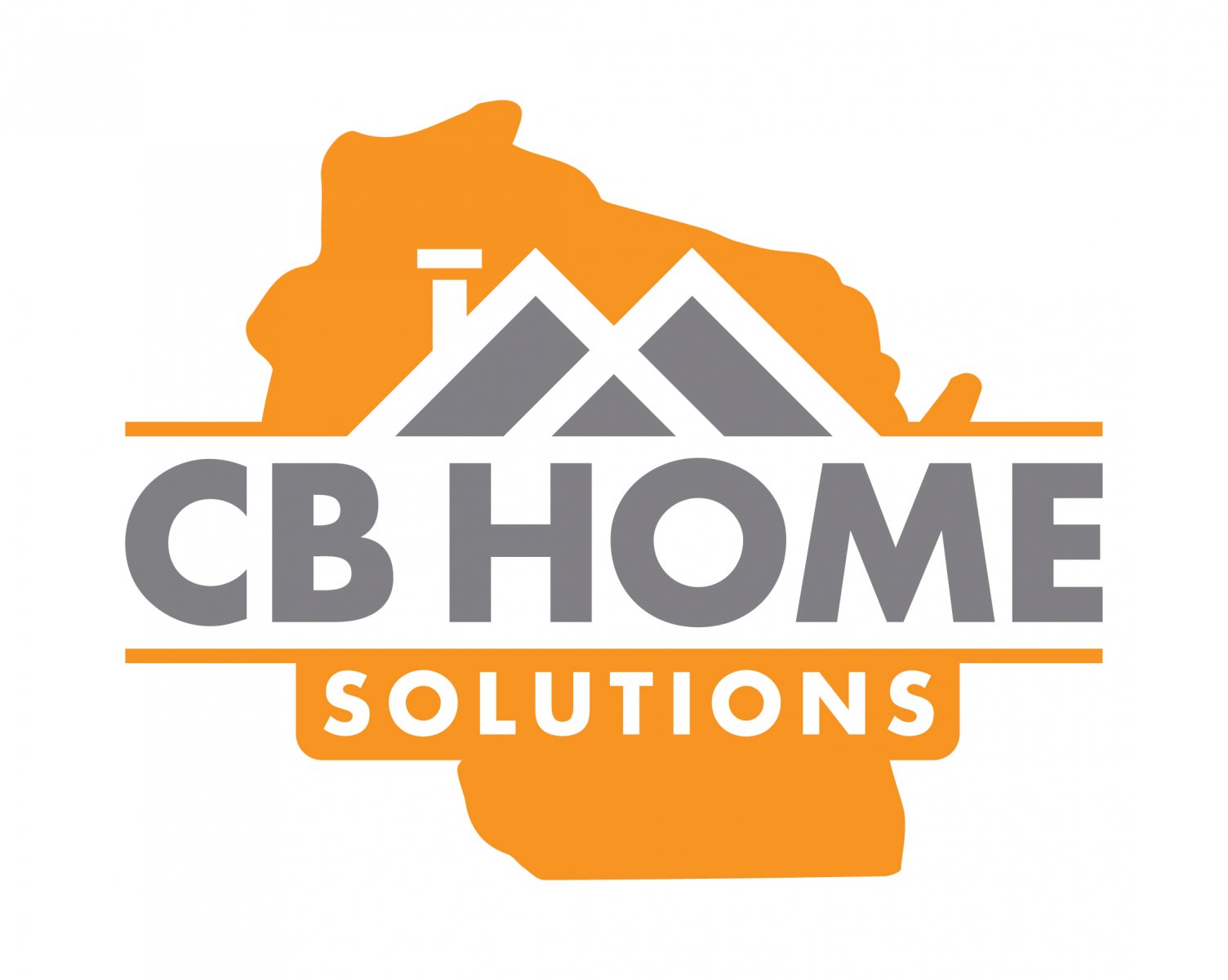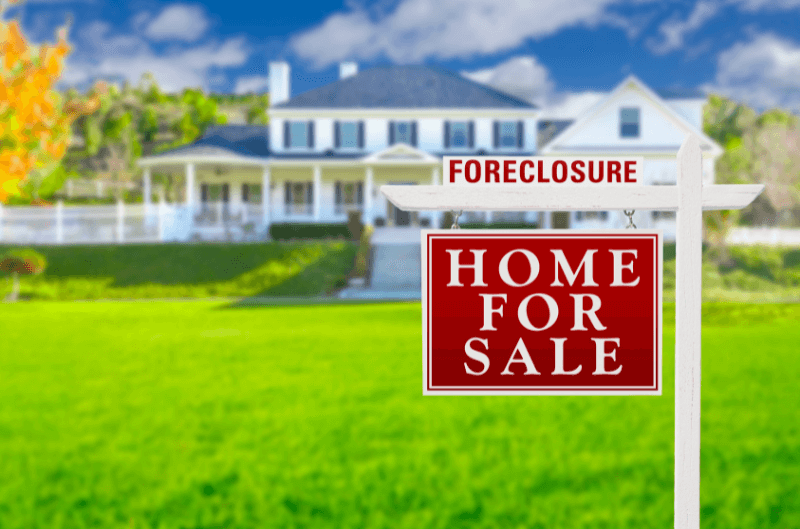
Foreclosure can be a scary and overwhelming experience for homeowners. Falling behind on mortgage payments can seem like a never-ending spiral, leaving many feeling helpless and alone.
But when is it too late to stop foreclosure, or are there always options to save your home? With the right information and guidance, homeowners can take action and get back on track toward financial stability.
We’ll outline actionable steps for homeowners to take control of their real estate and avoid foreclosure. From understanding the foreclosure process to negotiating with lenders, we’ll cover everything homeowners need to know to stop foreclosure in its tracks.
So if you or someone you know is facing foreclosure, don’t lose hope. It’s never too late to find a way to save your home.
When Is It Too Late To Stop Foreclosure?
Many homeowners worry about the possibility of losing their homes and being forced to move. They may wonder if it’s too late to stop foreclosure once it has started.
First, note that there are two types of foreclosures: judicial and non-judicial. In a judicial foreclosure, the lender initiates legal proceedings to remove the borrower, who then has the opportunity to defend themselves in court.
On the other hand, non-judicial foreclosures do not usually involve the court system and typically proceed more quickly than judicial foreclosures. The mortgage agreement terms between the borrower and lender dictate the process for any potential evictions.
The short answer is that it’s never too late to stop foreclosure proceedings unless you allow the foreclosure auction to conclude.
Stopping foreclosure becomes impossible once the property in question is sold at auction or another foreclosure sale or if any deadlines are mandated before a foreclosure sale has passed.
At that point, the borrower has lost their property to the lender. Therefore, it is imperative to act quickly because the longer a homeowner waits to make a move, the fewer options they may have available to them. In general, the earlier a homeowner acts, the more likely they are to keep their home.
When Does the Foreclosure Process Begin?
The foreclosure process typically begins after a homeowner has missed several mortgage payments. At this point, the lender may send a notice of default, a legal document stating that the homeowner has violated the terms of their mortgage agreement.
The notice of default will usually give the homeowner a certain amount of time (usually 30 to 90 days) to bring their mortgage payments up to date and avoid foreclosure.
If the homeowner fails to bring their mortgage payments up to date, the lender may proceed with the foreclosure process.
The specifics of the foreclosure process can vary depending on the state and the lender, but generally, it involves the lender filing a lawsuit against the homeowner to seize the property and sell it to recover the unpaid debt.
Remember, it’s never too late to take action to stop foreclosure. Homeowners should explore their options as soon as they start experiencing financial difficulties with monthly payments. It’s crucial to speak with the lenders to find a solution that works for both parties.
Can You Stop Foreclosure at the Last Minute?
Trying to stop foreclosure at last minute can be hard to achieve, but it is possible in some cases.
If a foreclosure sale has been scheduled, the homeowner still has some options for stopping the process, although these options become more limited as the sale date approaches. Here are some possible strategies that homeowners can use to stop foreclosure at the last minute:
File for Bankruptcy
One of the most common ways to stop a foreclosure at the last minute is to file bankruptcy, which provides a quick way to halt the sale.
Upon filing for bankruptcy, an “automatic stay” goes into place, which acts as an injunction and prohibits the bank from foreclosing on the home or collecting its debt. This stay puts a stop to any foreclosure activity.
However, the bank may try to lift the stay by filing a motion seeking permission from the court to proceed with the foreclosure. If the court grants this motion, the foreclosure may still take another one to two months.
This delay can allow homeowners to explore other alternatives to foreclosure with their bank. Overall, bankruptcy can be an effective tool for stopping foreclosure sales and buying time to work on a plan to resolve the delinquency.
Chapter 13 vs. Chapter 7 Bankruptcy
When you file for Chapter 13 bankruptcy, you create a repayment plan to eliminate debts over time, which may include restructuring past-due home loans and eliminating some or all unsecured debts like credit cards.
One of the benefits of working with a Chapter 13 bankruptcy attorney is that it may prevent you from losing your home.
In contrast, Chapter 7 bankruptcy involves the complete elimination of debts but does not typically save one’s home. However, it can delay the foreclosure process and possibly provide time to find alternative housing or work with the lender to try to stay in the home.
The borrower may not be held responsible for any remaining balance after foreclosure, known as a deficiency judgment. Eligibility for Chapter 7 bankruptcy is determined by a means test that assesses the debtor’s income.
Seek a Loan Modification
You could also seek a loan modification, which is a change to the terms of the mortgage that allows the homeowner to make more affordable payments. Homeowners may have this option even at the last minute, but it requires the lender’s approval and can be time-consuming.
Mortgage Forbearance
Homeowners can request a 180-day forbearance period, during which no payments need to be made, and a further 180-day extension may be granted for ongoing hardship. However, the mortgage owed is not eliminated.
File a Lawsuit
In non-judicial foreclosure states, homeowners may sue to stop foreclosure. However, in judicial foreclosure states, most cases have already been decided in court.
A lawsuit may require proof of loan ownership, violations of state laws, and foreclosure process steps. Legal fees may still be owed even if the case is lost. It is advisable to seek legal advice before filing a lawsuit.
Assumption or Lease Option
You can also lease the house or allow someone else to assume the financial obligations. The lease option allows rent payments to go toward paying off the delinquent loan.
The assumption option involves a new person taking over the loan and the financial obligations, potentially releasing the original borrower from liability.
Reinstate the Loan
Reinstating the loan means bringing the mortgage payments up to date, along with any late fees and other charges. Homeowners can contact their lender to find out the amount they need to pay to reinstate the loan.
Pay Off the Loan
Paying off the entire mortgage balance is another way to stop foreclosure. This option is typically not feasible for most homeowners, as it requires a large sum of money upfront.
Sell the Property
If the homeowner cannot keep up with mortgage payments, selling the property may be the best option. The sale can be made through a traditional sale or a short sale.
A short sale is when the homeowner sells the property for less than what is owed on the mortgage.
The lender must approve the short sale, but it can allow the homeowner to avoid foreclosure and the lender to recover some of the unpaid debt.
Repayment Plan
A repayment plan is an agreement between the homeowner and the lender to pay off the missed payments over time.

How Do You Avoid Foreclosure in the First Place?
Many strategies involve proactive steps that you can take to prevent falling behind on your mortgage.
1. Create a budget: One of the best ways to avoid foreclosure is to create a budget and stick to it. Homeowners should evaluate their income and expenses and look for ways to reduce spending and increase income. This can help ensure they have enough money to make timely payments to the mortgage company.
2. Communicate with the lender: If homeowners have difficulty making their mortgage payments, they should communicate with their lender as soon as possible. Many lenders offer loan modification programs or other options to help struggling borrowers avoid foreclosure.
3. Refinance the mortgage: Refinancing the mortgage can be a good option for homeowners who are struggling to make payments but have a good credit score and equity in their homes. Refinancing can lower the monthly mortgage payment and make it more affordable.
4. Seek financial counseling: Many nonprofit organizations offer free consultation services to help homeowners manage their money or overcome financial hardship to avoid foreclosure. These services can provide valuable information and resources to help homeowners stay on top of their finances.
5. Rent out a room or space: Homeowners may consider renting out a room or space to generate extra income and help them make their mortgage payments on time and avoid falling behind.
6. Avoid scams: Homeowners should be wary of any company that promises to stop foreclosure for a fee or asks for money upfront.
Ways To Avoid a Foreclosure
To stop foreclosure from occurring in the first place:
- Open and respond to all mail from your lender, as it may contain important information.
- Know your mortgage rights and foreclosure laws in your state, and understand your prevention options.
- Seek help from a HUD-approved housing counselor.
Final Thoughts
Foreclosure can be daunting, but you’re not out of luck. So, how to stop foreclosure? You can stop foreclosure at the last minute by seeking assistance from a foreclosure prevention specialist or negotiating with the lender.
Homeowners can proactively avoid foreclosure by creating a budget, communicating with their lender, seeking financial counseling, and considering refinancing or selling the property.
Looking to sell your home? There are many cash home buyers in Wisconsin, which works great when you must sell a house fast in Milwaukee. We buy houses Oshkosh residents want to sell to avoid foreclosure. Give us a call today!

